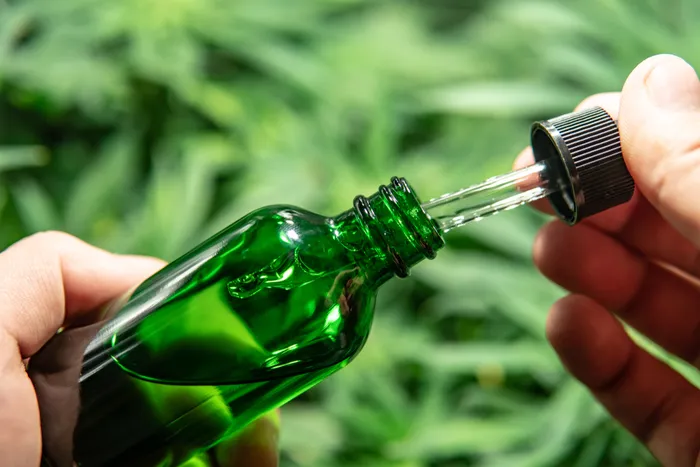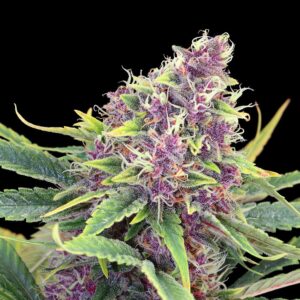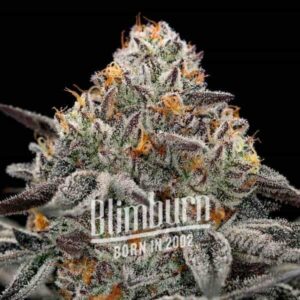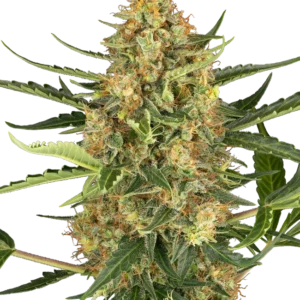
Oils are concentrated plant extracts obtained through an extraction process, which can be carried out using different methods such as cold or solvent extraction, or steam distillation. Essential oils, for example, are obtained by steam distillation. They contain the volatile aromatic compounds of plants and are used in aromatherapy. Vegetable oils, on the other hand, are extracted from the seeds, nuts or fruits of plants and are used for their nourishing and emollient properties.
Tinctures, on the other hand, are alcohol or glycerine-based extracts obtained by macerating plants. This process extracts the active ingredients from the plants and dissolves them in the extraction liquid. Tinctures are often used in phytotherapy, as they enable the active constituents of plants to be preserved more effectively and absorbed more quickly by the body. In addition, tinctures offer greater flexibility in terms of dosage.
In the field of cannabis, there are subtle differences between oils and tinctures
One of the main differences between cannabis oil and tincture lies in their composition and method of extraction. Cannabis oil is generally made by extracting one or more cannabinoids from cannabis plants using extraction methods such as supercritical CO2 extraction, ethanol extraction or oil extraction. This extraction allows the cannabinoid(s) to be isolated, along with the terpenes and flavonoids present in the plant.
CBD tincture, on the other hand, is made by infusing CBD in a solution of alcohol or carrier oil. Alcohol is often used as a solvent in the infusion process, although some tinctures can also be made using vegetable oils such as hemp seed oil or MCT (medium-chain triglyceride) oil.
Another important difference between cannabis oil and tincture is the method of administration. Oil is administered orally, and can be consumed directly by placing a few drops under the tongue, or it can be mixed with food or drink for a more pleasant experience. Some oils are also available in capsule form, for more precise administration. But we can also add a drop of oil to our cosmetics, or a few drops to massage a painful or irritated area.
Tinctures, on the other hand, are administered exclusively orally. They are often sold with an integrated dropper, which makes dosage easier. The tincture can be taken directly by placing a few drops under the tongue or by mixing with drinks. The advantage of tincture is that the alcohol used as a solvent makes it easier for the body to absorb the cannabinoids, and its effects are generally felt within 15 to 30 minutes, and are more powerful than those of an oil. What's more, it keeps longer than an oil because the alcohol protects the components from oxidation, so it's ideal if you only use it occasionally.
Which product is best for you will depend on how you intend to use it, but don't forget to consult a doctor or other healthcare professional before trying CBD, especially if you're taking medication. For a list of medicines you really need to be careful with if you're thinking of taking CBD oil or tincture, click here.
Latest strains added
-

-

-

-

-

-
 Blueberry Bubblegum Automatic by Sensi Seeds
€30,00
Blueberry Bubblegum Automatic by Sensi Seeds
€30,00 -
 Sweet & Sour Cream Automatic by Sensi Seeds
€34,50
Sweet & Sour Cream Automatic by Sensi Seeds
€34,50 -

-

-











